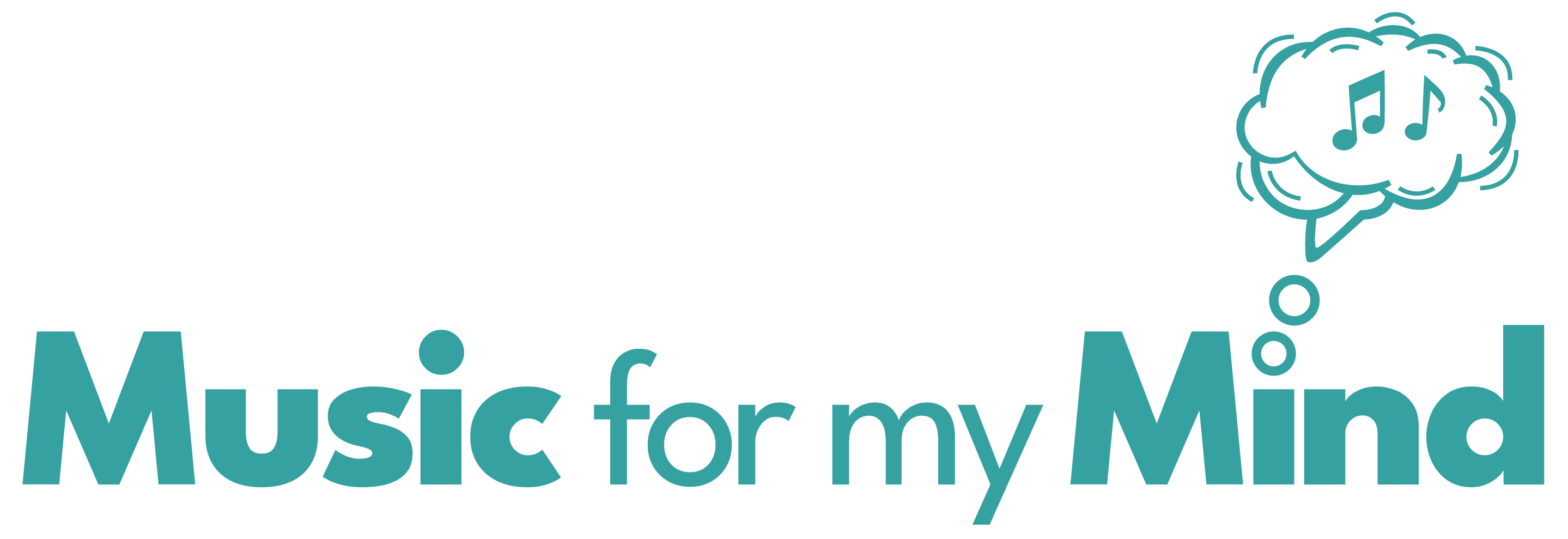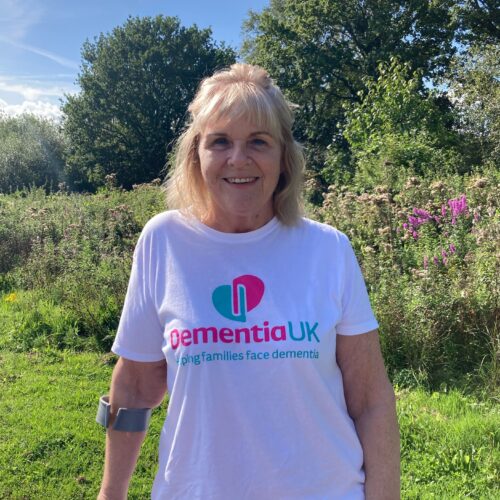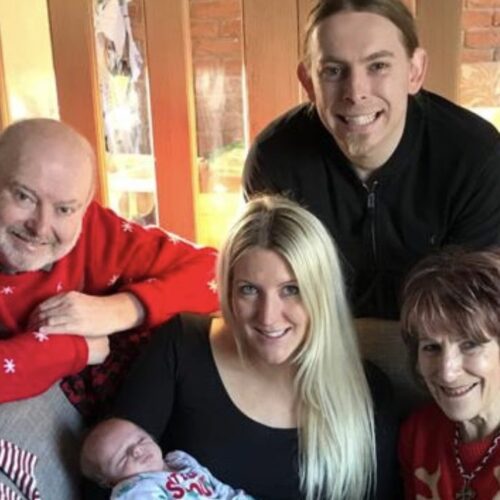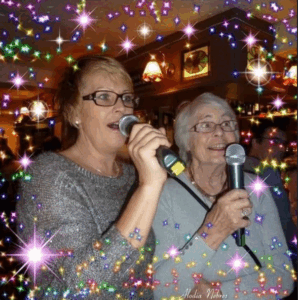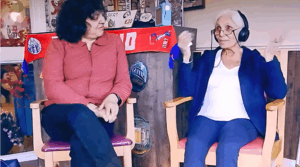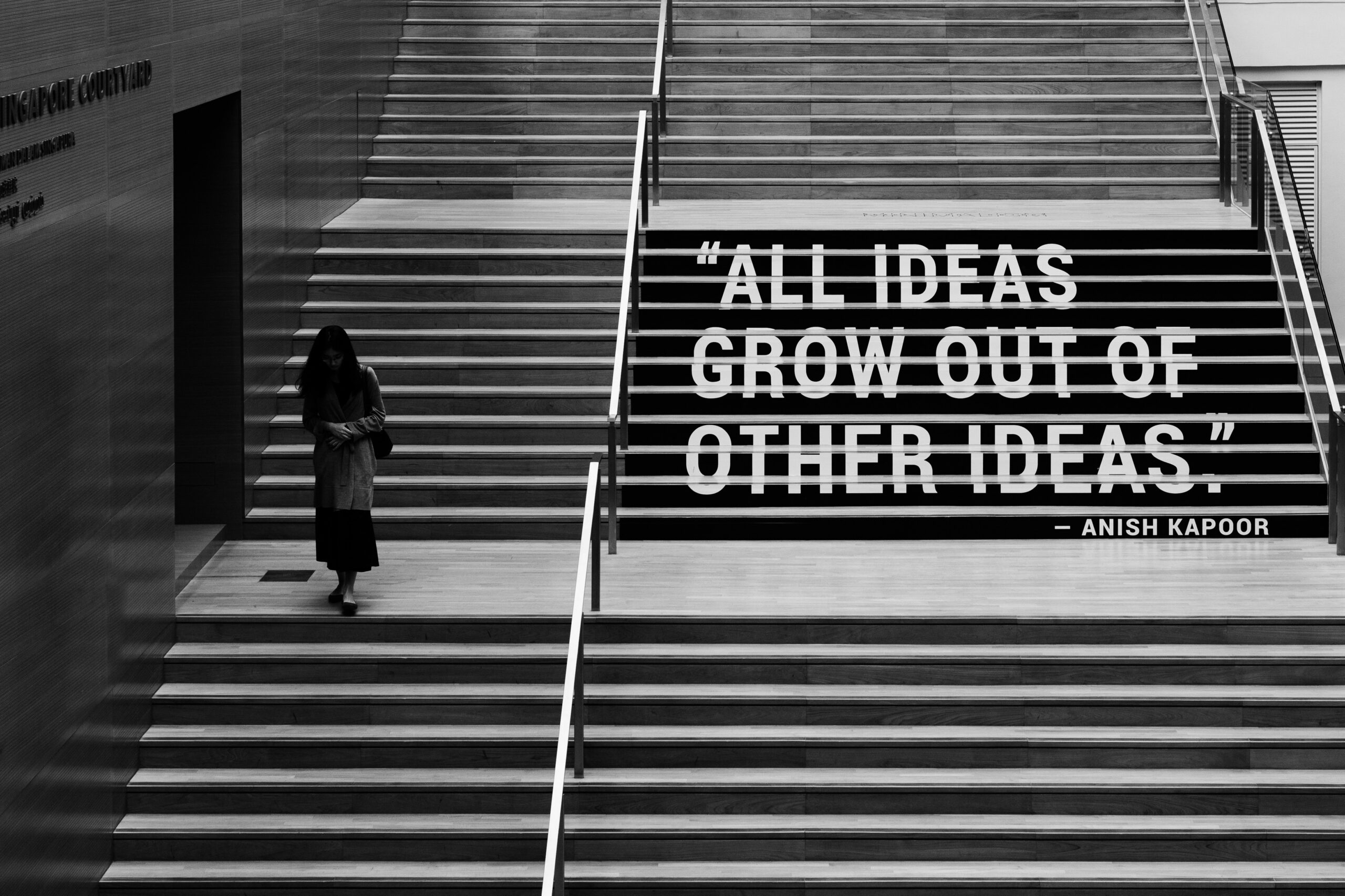
Music for my Mind presenting at the Alzheimer’s Society Partnership Panel
Music for my Mind was delighted to be invited to present at the Alzheimer’s Society Partnership Panel in March 2024. The Panel is made up of people living with dementia, as well as people who care for a loved one with dementia and its goal is to ensure that people affected by dementia are at the forefront of involvement projects and decision-making within the Alzheimer's Society Training & Partnerships team.
What was presented?
In advance of our meeting, the panel volunteers were asked to use MFMM’s Playlist Maker to create a personalised playlist for themselves (if living with dementia) or together with a loved one. Feedback from real-life users is vital as, without it, we cannot improve and update the Playlist Maker technology to benefit more affected families.
When users visit our free-to-use online Playlist Maker, they are presented with a short questionnaire. They are asked about their year of birth, where they grew up, preferred music genres and artists, and more.
Once completed, a playlist of up to 30 songs is instantly generated, with songs that match their musical preferences and specific to the user’s teenage years (known as the ‘reminiscence bump’). Users can then preview the playlist and choose between listening to it in full on YouTube or Spotify.
The Panel's feedback
The volunteers immediately identified with the emphasis on innovation, which many agree is essential in dementia care right now. They also highlighted positively the provision of step-by-step directions within the App, to help users who are less confident in using platforms such as YouTube.
Two key features the volunteers identified as valuable are the Playlist Maker being a free service, and that playlists are created in just 15 minutes. One volunteer living with dementia said having this quick solution immediately appealed to her, otherwise she would struggle to know how to start, or it would take her a very long time.
The volunteers also helped highlight suggestions to improve the overall experience for all users.
These included:
- Adding more visuals to the journey – helpful for people overwhelmed by a lot of text;
- Clearer instructions at the start that a YouTube or Spotify account is required to listen;
- A drop-down menu specifically for classical music, to minimise spelling mistakes and help users remember composers’ names;
- Enriching our website with more content from people living with dementia with knowledge to share.
Other discussion points
Also discussed was whether offering more generic playlists, based on decades or genres, could add value. It was noted that unfamiliar songs could cause distress.
One volunteer shared that some people with dementia might find completing a questionnaire worrisome, for fear of getting things wrong. Therefore, a more easily obtainable generic playlist could be a solution.
Addressing the helpful feedback from the volunteers MFMM will commission updates to the App. These will include clearer instructions for creating a playlist and easy-to-follow guides for those less confident with technology.
In conclusion
Having the opportunity to speak directly with the people we aim to support has been invaluable for MFMM. The event reiterated that this tool can be suitable for people with dementia and for family members using it on their loved one’s behalf.
We are grateful to the Alzheimer’s Society for their support on our journey to create an easy-to-use tool to help families affected by dementia.

